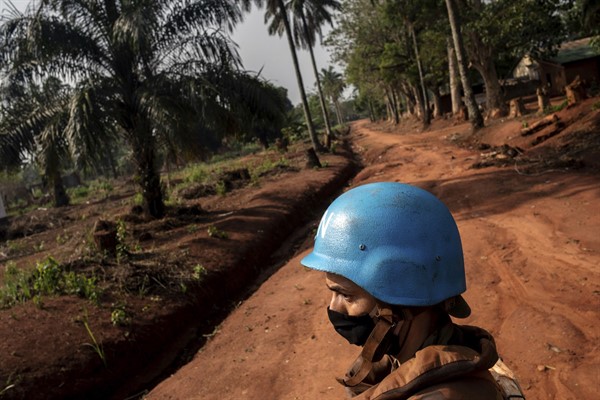2021 has been a dispiriting year for advocates of multilateral conflict management. The ignominious end of the international intervention in Afghanistan was an embarrassment not only for the U.S., but also for those institutions, including NATO and the United Nations, that had supported it. The U.N. Security Council has bickered fruitlessly over how to deal with crises ranging from the coup in Myanmar to the war in Ethiopia. Regional bodies such as the Association of Southeast Asian Nations, or ASEAN, and the African Union have done little better at handling conflicts on their doorsteps.
As if that weren’t enough, as the year draws to a close, the U.S. is warning that Russia could launch a new assault on Ukraine within months. And American strategists are taking the possibility of a war with China over Taiwan increasingly seriously. Both conflicts may fail to materialize. But the rise of major power friction seems set to make international diplomacy over crises ever more difficult.
That looks like bad news for organizations, like the U.N., that took on a greater role in crisis management during the post-Cold War era of relatively limited major power tensions. These institutions have not reverted to Cold War levels of paralysis quite yet. But as I warned in June, bodies like the Security Council will often be “muted” by geopolitical tensions in future.

